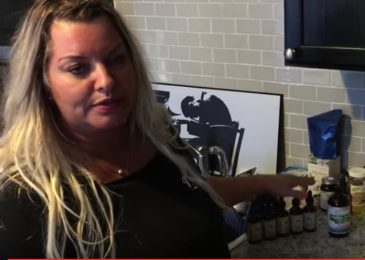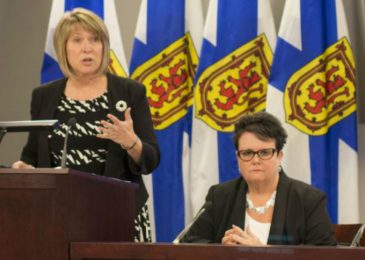Kendall Worth: Bus pass raises hopes of employment for couple on income assistance
Kendall Worth meets up with a couple on income assistance, all set to do a serious job search now that they have a free bus pass and a phone. Just goes to show what a difference access to public transportation makes. “Now that we have both the bus pass and the phone, we are planning to get down to business with looking for meaningful employment,” Peter and Peggy tell Kendall. “Kendall, we are tired of living with the bureaucratic nonsense. We are tired of it, and we hope that now that we got our free bus pass we can get off this system.”









